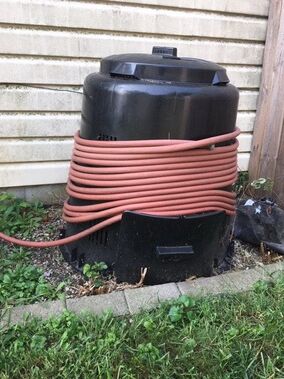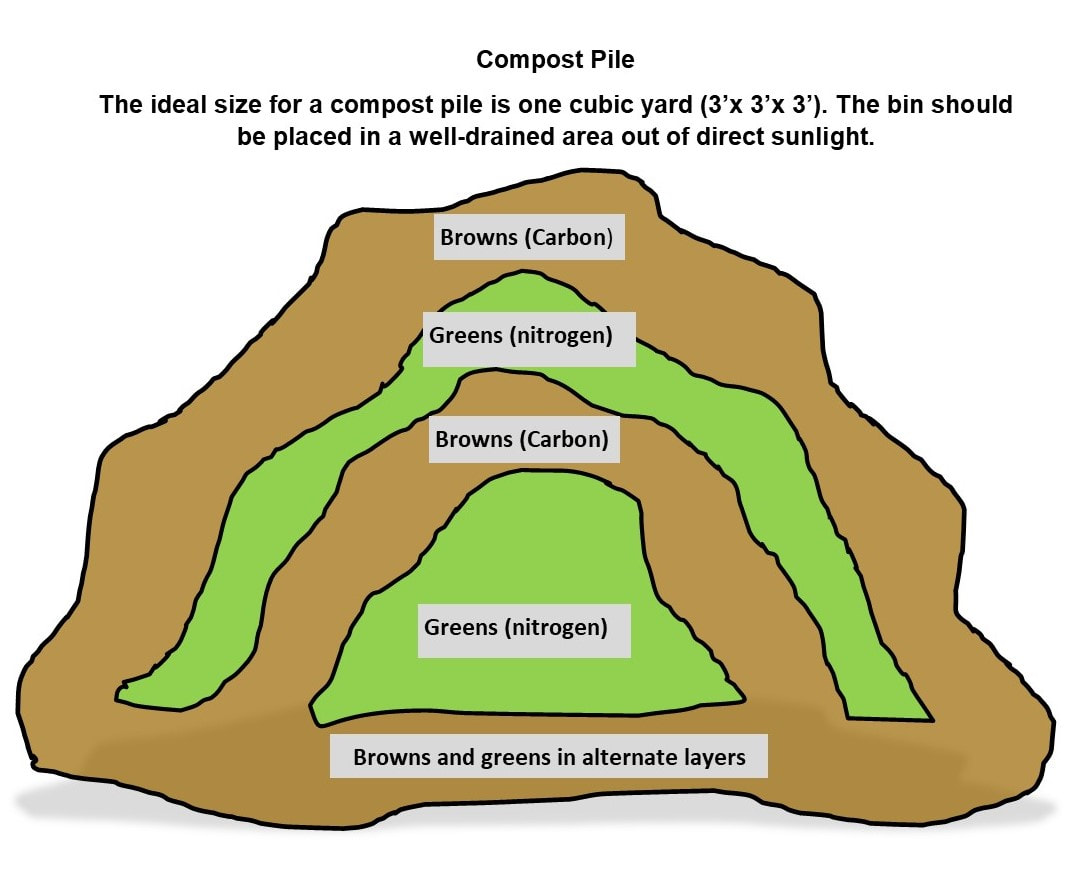 (Article taken from USEPA – Composting at Home (https://www.epa.gov/recycle/composting-home) and Ohio EPA Citizens Guide to Composting - https://epa.ohio.gov/portals/47/facts/citizens_guide_to_composting.pdf ) During this unusual and challenging year many of us have looked for new hobbies to fill our time. Composting is a hobby that is not only fun, but it is beneficial to the soil and your wallet! Composting is nature’s way of recycling leaves, grass clippings, kitchen scraps and other organic wastes by converting them into a valuable soil amendment called compost. By composting at home, you’ll enjoy the financial benefits of free soil enrichment, reduce the amount of solid wastes sent to landfills and conserve resources. Compost is organic material that can be added to soil to help plants grow. Food scraps and yard waste together currently make up more than 28 percent of what we throw away, and should be composted instead. Making compost keeps these materials out of landfills where they take up space and release methane, a potent greenhouse gas. Composting at home is very easy and practical. Once you learn the basics, you’ll be turning out lush piles of rich compost in short order. Using compost yields faster-growing, stronger plants. The chief value in using compost is the beneficial effect on soil structure. Incorporating compost into the soil improves aeration and drainage and makes the soil loose and easy to work. Compost increases the organic matter content of clay and sandy soils, allowing them to better retain water and nutrients. It also helps control erosion, proper pH balance and plant disease. All composting requires three basic ingredients:
What To Compost
What Not To Compost and Why
Selecting and Building your Composting Site
Compost can be made in just two or three weeks during the summer if the leaves and other materials are finely ground or shredded, turned frequently to provide good aeration and supplied with sufficient moisture and nitrogen.
For more questions regarding Warren County Soil and Water Conservation District programs and/or technical assistance on water or soil questions, visit http://warrenswcd.com or call, 513-695-1337.
2 Comments
|
Details
Warren County SWCD Staff BlogA blog to keep you informed on all the latest news at Warren County SWCD and in the conservation world. Archives
May 2024
Categories
All
|
|
|
Contact:PHONE: (513) 695 - 1337
EMAIL: [email protected] HOURS: Monday - Friday 7:30am - 4:00pm (except holidays) Connect:Warren County Soil & Water Conservation District Copyright © 2016
Warren SWCD Privacy Notice. Emails are serviced by Constant Contact. Constant Contact's Privacy Notice. |

